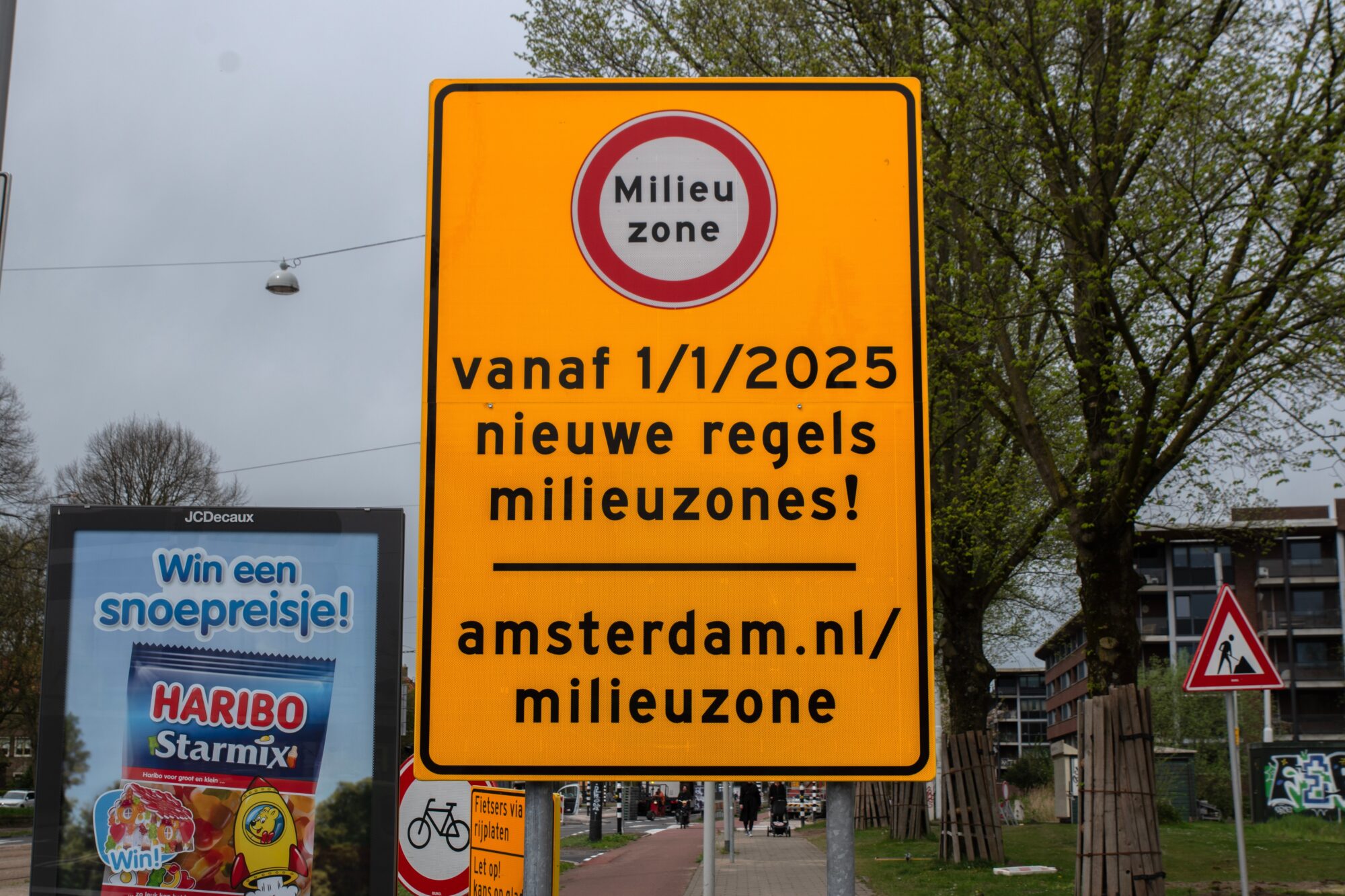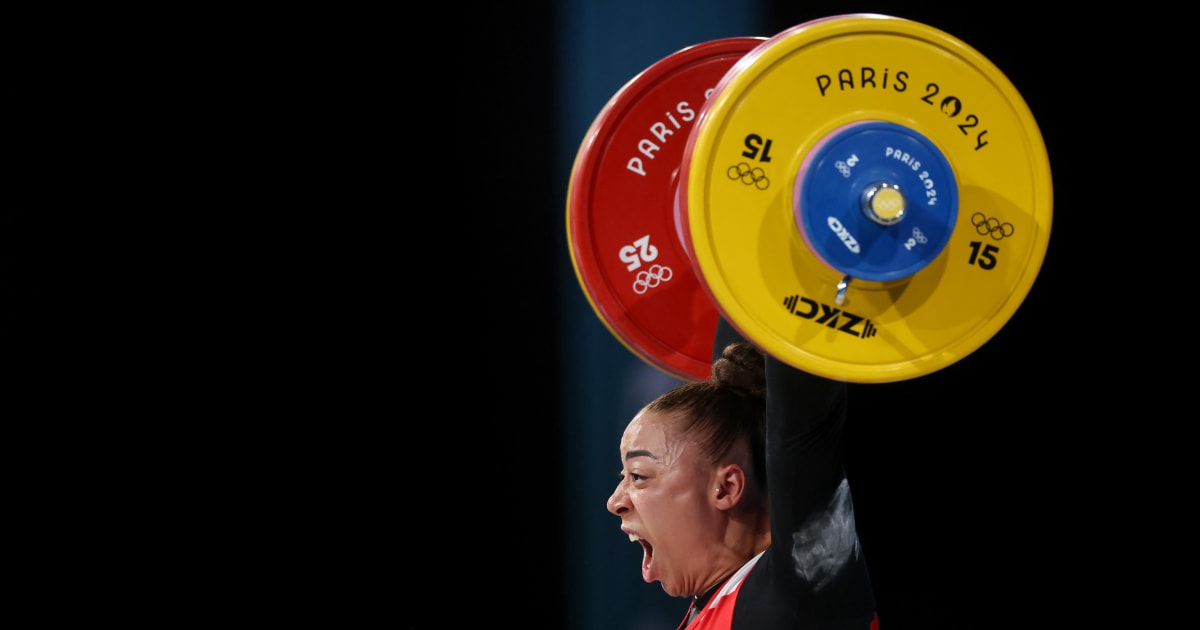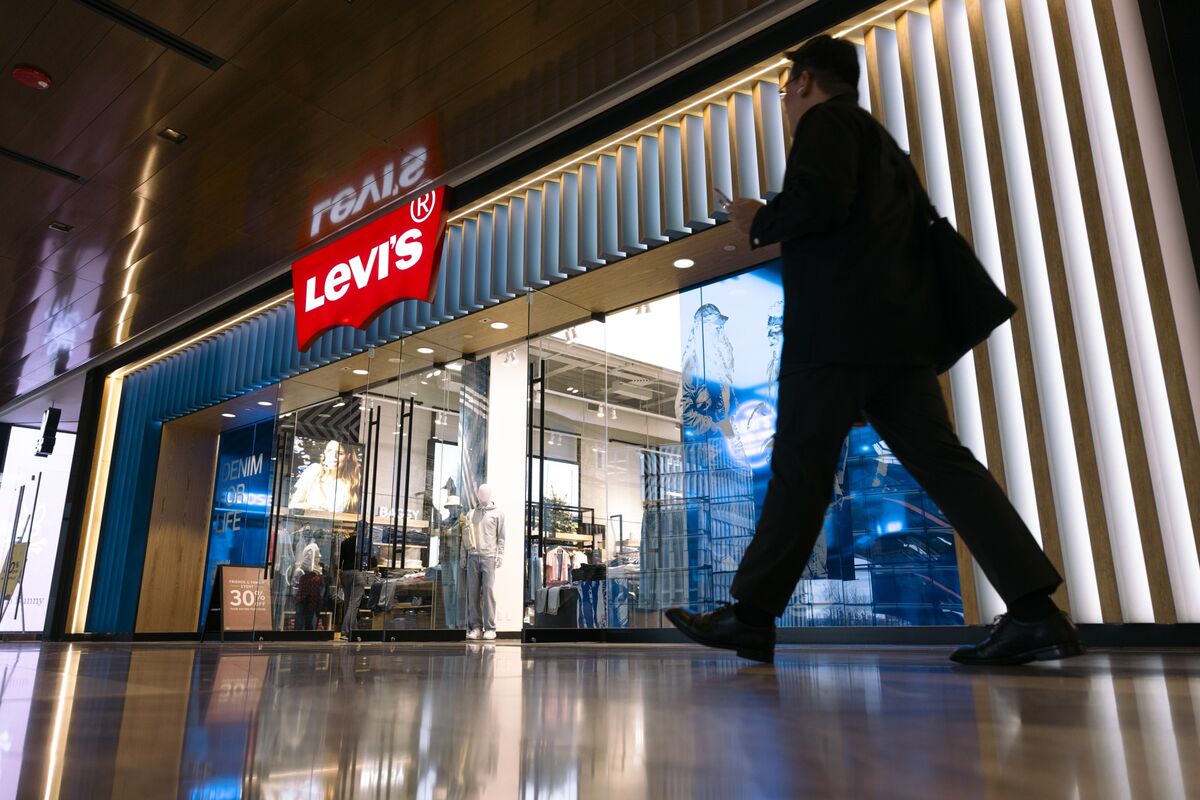Thomas Tuchel may have expressed public displeasure with England’s fans after the emphatic Wembley win against Wales, but the performance of his players will have left him feeling only the warm glow of vindication.
Tuchel delivered a…

Thomas Tuchel may have expressed public displeasure with England’s fans after the emphatic Wembley win against Wales, but the performance of his players will have left him feeling only the warm glow of vindication.
Tuchel delivered a…

On the touchline, Clarke had words with his assistant Steven Naismith.
“How are we level, Naisy?” asked Clarke.
“No idea, gaffer,” replied Naismith.
“It’s a miracle, Naisy,” said the manager,
“Give us six numbers for the lotto, boss,” said Naismith.
Continue Reading

The Netherlands’ ZEZ-Fs evolved from voluntary collaboration between local authorities and the private sector to test zero-emission urban freight solutions in regional pilots. By 2019, key targets from these collaborations were embedded in national legislation that committed 30–40 larger municipalities to establish ZEZ-Fs by 2025. Subsequent legislation established that zones must be announced at least 4 years in advance, helping to ensure that freight operators have sufficient time to prepare.
Alongside the flexibilities described above, the national government and local authorities have introduced a range of measures to prepare local publics for the ZEZ-F rollout. These include:
Subsidies, like the national Subsidy Scheme for Emission-Free Commercial Vehicles, which offered up to €5,000 per battery electric van between 2021 to 2024, and the Purchase Subsidy for Zero-Emission Trucks, which offers up to €115,200 for buying or leasing N2 or N3 trucks.
Tax incentives that exempt zero-emission vans from the one-time registration tax of €74.41 per gram CO2/km introduced in 2025, when the previous registration tax exemption for all new commercial vans was removed.
Support for charging infrastructure deployment, such as the Public Charging Infrastructure Heavy Transport Subsidy Scheme, which offers a subsidy of at least €25,000 for the deployment of public fast charging infrastructure.
Category B licenses for heavy zero-emission vans: A category B license allows the operation of vehicles with a gross vehicle weight of up to 3.5 tonnes. To account for the added weight of BEVs, an EU exemption allows drivers with a standard B license to operate zero-emission vans up to 4.25 tonnes. This exemption was introduced as part of a pilot program in the Netherlands and was originally set to expire in 2024, but has been extended pending a new EU driving license directive.
While not exhaustive, these measures have contributed to the adoption of zero-emission vans and trucks and to the broader framework supporting the ZEZ-Fs rollout.
Lessons for other countries
The Dutch experience offers insights for other governments considering ZEZ-Fs.
Starting with voluntary collaboration allows governments to build trust and test solutions before regulation. Real-world pilots enabled scalable testing before regulations kicked in, building trust and minimizing disruption while seeding the legal frameworks and stakeholder commitment that made implementation successful.
Providing adequate lead times and financial support to ease transitions is critical. Adequate lead times, alongside purchase subsidies, technical guidance, and support for infrastructure rollout, have helped accelerate the Netherlands’ fleet transition. Early investment in one of Europe’s densest charging infrastructure networks, plus financial support, gave businesses the confidence and means to shift.
Combining national rules with local flexibility can help meet diverse urban needs. By allowing cities to tailor ZEZ boundaries and complementary measures within a consistent national framework, the Netherlands has avoided policy fragmentation while also respecting cities’ diverse logistical needs. This approach also benefits businesses operating across multiple cities by providing clear, uniform regulations that enable straightforward, long-term planning. In turn, this predictability helps manufacturers and suppliers to better align their production and development efforts to meet the growing demand for BEVs.
Prioritizing gradual implementation with clear, fixed deadlines can help balance policy ambition with business realities. The transitional periods for different vehicle categories in the Netherlands has balanced environmental objectives with practical business realities, providing adjustment time while advancing toward zero-emission requirements.
The Netherlands shows how strong policy frameworks—combining clear regulations with support measures—can accelerate the shift to zero-emission commercial vehicles. Its collaborative, bottom-up approach has laid the foundation for broader urban logistics transformation. As cities pursue climate and air quality goals, the Dutch model offers a proven path to scale zero-emission freight while easing the transition for businesses.

Though the new animated feature “Aztec Batman: Clash of Empires” bears the name of one the most emblematic American superheroes, its creation was entirely a Mexican affair.
The action-packed saga reimagines the caped crusader as a young Aztec…


Norway’s Solfrid Koanda solidified her status as a national hero on Thursday (9 October), lifting a total of 272kg to claim the women’s 86kg world title at the 2025 IWF World Weightlifting Championships in Førde, Norway.
She did so in front of…

Kerr says she was misdiagnosed when she first started feeling sick. Photo: Pierre Tostee//World Surf League
Eighteen-year-old phenom Sierra Kerr announced that she has been battling…


Published on: October 10, 2025 3:13 AM
 Chairman Senate of Pakistan, Yousuf Raza Gillani, accompanied by Speaker Provincial Assembly of Sindh, Syed Awais Qadir Shah and Senator Rubina Khalid, met with the delegation of the United Kingdom at the…
Chairman Senate of Pakistan, Yousuf Raza Gillani, accompanied by Speaker Provincial Assembly of Sindh, Syed Awais Qadir Shah and Senator Rubina Khalid, met with the delegation of the United Kingdom at the…
